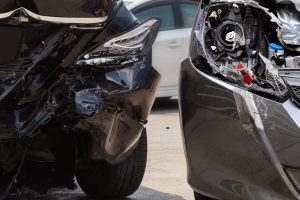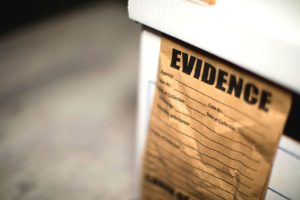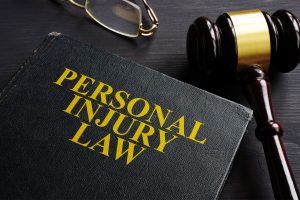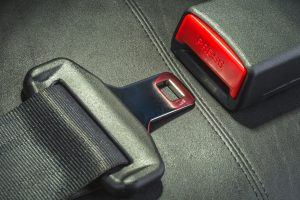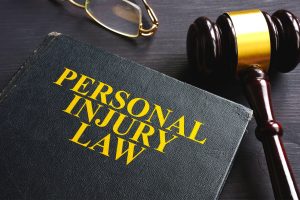Florida is one of the deadliest places in the U.S. to travel by foot. In a single recent year, there were more than 10,000 pedestrian accidents in Florida – 765 of those fatal. 
In a recent national analysis of pedestrian accidents by the Governors Highway Safety Commission, researchers reported that among pedestrians 16 or older killed in crashes involving a motor vehicle, nearly one-third of the pedestrians had a blood-alcohol concentration of 0.08% or greater. By comparison, 19% of pedestrian accident fatalities involved a driver who was drunk.
To be clear: Only one of those is against the law. As long as someone isn’t underage or disorderly, it’s not illegal to walk in public while impaired. In fact, walking home (versus driving) is considered a smart choice for those who have been out imbibing.
It’s true that drunk pedestrians may be more prone to violating certain traffic safety rules. But their impairment alone is not evidence of negligence. Even if they did err, they’re unlikely to hurt anyone but themselves. That’s why drivers still bear the brunt of the responsibility. Even if pedestrians do make a make a misstep, that does not mean they cannot file a Florida pedestrian accident lawsuit (or that their survivors cannot file a wrongful death pedestrian lawsuit).
As our Palm Beach personal injury lawyers can explain, the impairment of a plaintiff pedestrian can be used by the defense as evidence of comparative fault in a lawsuit. However, it doesn’t absolve the driver of liability for their own negligence.
Unfortunately, the issue of comparative fault in Florida injury cases has become a much bigger sticking point in recent years, thanks to recent legislative changes. So if you are a pedestrian who was injured while impaired, it is important to hire a personal injury lawyer who knows the proof burden you’re facing — and how to effectively push back on those claims of comparative fault.
Changes in Florida’s Comparative Fault Law
Up until fairly recently, Florida was a pure comparative fault state with respect to negligence claims. Continue reading
 South Florida Injury Lawyer Blog
South Florida Injury Lawyer Blog


